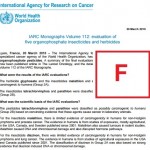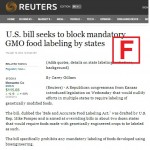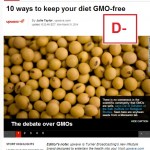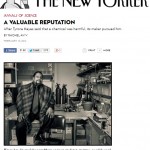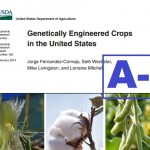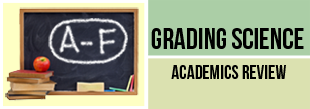Food Safety: Focus on Real Risks, Not Fake Ones
Disease microbes, nutrient shortages and lack of access are greatest threats, not biotechnology. Contamination of fish and meat with parasites, or grains with mold toxins, are also significant food health hazards.
 Food Safety: Focus on Real Risks, Not Fake Ones
Food Safety: Focus on Real Risks, Not Fake Ones Jeffrey Smith
Jeffrey Smith